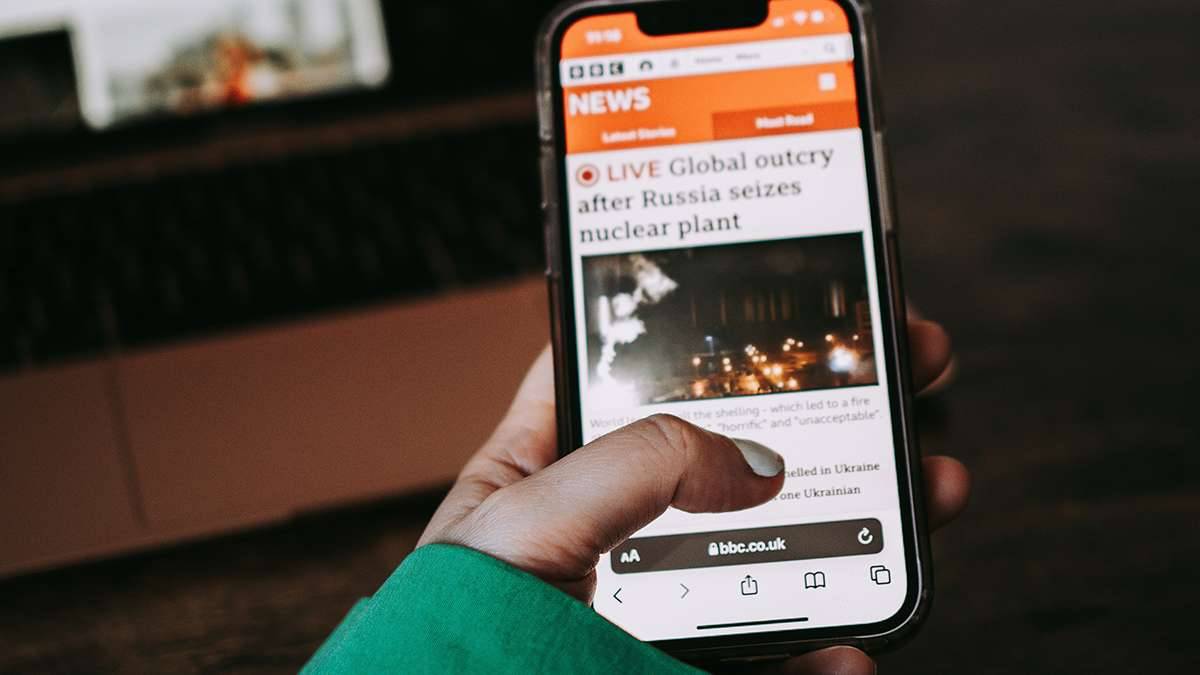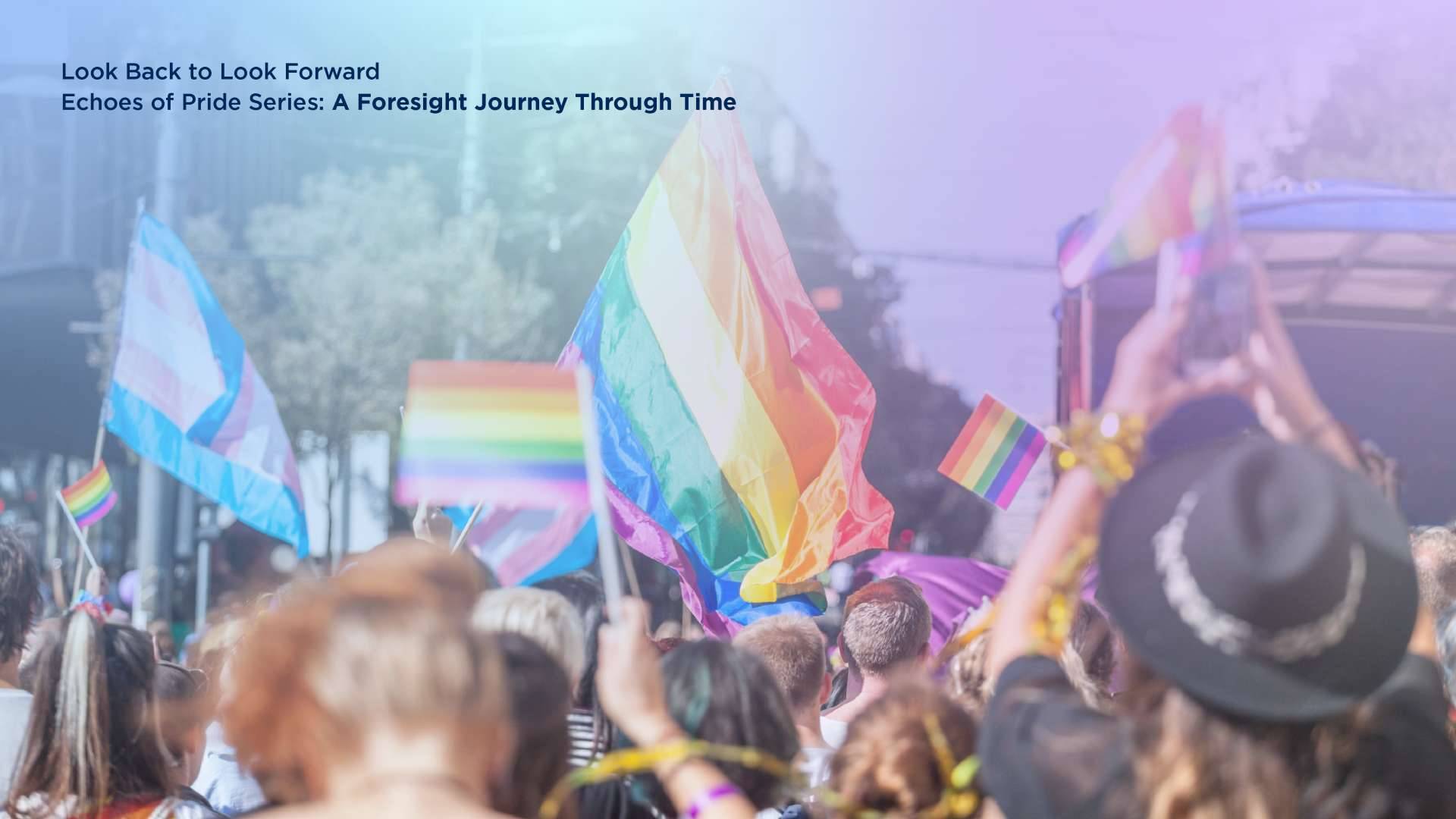
Misinformation Overload
ARTICLES | Mar 10, 2023
Amid a flood of information, social media will have an even greater impact on mental health.
The rapid spread of information through online channels is one reason why many people can’t check the accuracy and credibility of sources. Some media also deliberately spread distorted information, causing misunderstandings and damage from actions or decisions based on false or incomplete information.
Thailand had an estimated 20.3 million incidents of fake news in 2021-22, with 60% involving false content, 38.6% misleading content, and 1.6% a combination.
During the pandemic, fake news harmed mental health not only in Thailand but worldwide. The public has lost faith in authority. Negative emotions such as anxiety, depression, guilty, stress, can affect mental health in the long run. People have felt a lack of control over their emotions and circumstances, so that mental health could become a second pandemic.
Efforts are being made to reduce the damage from fake news through agencies and units to stop its spread.
Implications for the future:
- Attention to public mental health will become a multi-directional drive from government, business, and civil society
- Questions arise about how those responsible for censuring online information regarding how they separate real news, fake news, criticism, and legitimate opinions
- Advanced technologies such as artificial intelligence can detect and stop fake news at the city and national level
Reference:
- Fake news นิยามแบบไหนถึงเหมาะสม https://www.thaimediafund.or.th/fake-news-20220207/
- Number of fake news contributors in Thailand between 2020 and 2021, by type of contribution https://www.statista.com/statistics/1290891/thailand-number-of-fake-news-contributors-by-type-of-contribution/
- Distribution of shared fake news in Thailand in 2021, by level of fake news https://www.statista.com/statistics/1292641/thailand-distribution-of-fake-news-by-level-of-fake-news/
- Examining the impact of sharing COVID-19 misinformation online on mental health https://www.nature.com/articles/s41598-022-11488-y
- COVID-19 conspiracy theories https://doi.org/10.1177/1368430220982068
- When we are worried, what are we thinking? Anxiety, lack of control, and conspiracy beliefs amidst the COVID-19 pandemic https://doi.org/10.1002/acp.3798
- The second pandemic: Mental health /https://doi.org/10.1016%2Fj.explore.2022.03.007
- Fatigue, traditionalism, and engagement: the news habits and attitudes of the Gen Z and Millennial generations https://www.americanpressinstitute.org/publications/reports/survey-research/fatigue-traditionalism-and-engagement-the-news-habits-and-attitudes-of-the-gen-z-and-millennial-generations/single-page/
Want to know more about us? Click www.futuretaleslab.com or follow at https://www.blockdit.com/futuretaleslab











